Blepharitis
Blepharitis and Meibomitis are the leading cause of patient visits to the ophthalmologist in the developed world. We see 15% of people over age 65 years with Blepharitis.
The symptoms include
- Itchy eyes
- Burning eyes
- Red eye
- Scratchy eye
- Blurred vision
- Dry eye
- Tears running down face
- Gritty eyes in the morning
- A grey mucus discharge from the eye
- Eye fatigue
- Smeary vision, and
- A foreign body sensation in the eye
Blepharitis and Meibomitis has no cure, but we can manage it.

I had the best experience working with Dr Crawley. I felt looked after and she took the time to get to know me. I would highly recommend her.

From the moment I met her to the moment I left, I was treated with great courtesy and kindness, and everything was explained to me in layman’s terms so I could fully understand my condition. I was immensely impressed.

“Thank you very much for seeing me yesterday, you were marvellous and a pride to the NHS”

Dear Laura,
Just a quick note to say thanks for looking after my mum Mrs M. so wonderfully. It was so good of you to take so much time and care as she was very worried about my appointment and you really made such a difference to my experience. Thank you.

Dear Angela and Laura,
Thank you very much for seeing me yesterday. You were both marvellous and a pride to the NHS. You could, if you two wish, send this to your line manager. Thank you again!

Dear Laura,
Enjoy your holiday and thanks for everything so far.
Best Wishes
Symptoms of Blepharitis and Meibomitis
There are various symptoms of blepharitis. As a rule, your eyes feel uncomfortable, gritty, red and irritable.
- Burning
- Stinging
- Red
- Sticky, mucus in the morning
- Gritty or sand-like feeling
- Eyes feel tired all of the time
On the edges of the upper and lower eyelids lie some oil glands. They sit just behind the eyelashes and produce oil, an important part of your tears. Tears are a mixture of oil and water. The watery part comes from the lacrimal gland, which sits behind the brow bone. In blepharitis, the oil glands become blocked.
As a result, your tears are too thin, made up to a great extent of water. They run down your face rather than sitting on the front surface of the eye to moisturise them. This results in dry eye.
The oil builds up in the glands making the lid edges swell or become sore and red.
Dead skin cells mix with the thick oil droplets forming flakes. The flakes then move along the eyelashes and drop onto the eye further exacerbating the grittiness that you feel. You cannot see this when you look in the mirror, but your eye doctor can see it through the microscope.
Diagnosing Blepharitis and Meibomitis
Blepharitis is a clinical diagnosis. Your specialist Laura Crawley will give you a diagnosis when she examines your eyelids and eyes on the slit lamp microscope. She will also have a discussion about your symptoms. There is no blood test for blepharitis.
Accreditations and Memberships
Related articles
Can you avoid blindness by checking for glaucoma at home?
Many of the patients who were registered blind in 2016-2017 potentially could have avoided this devastating vision loss if an eye healthcare professional picked up their glaucoma earlier. Don't be among those who rely on at home tests only to have their glaucoma fail to be detected until it's too late.
If you’re over 60 you can’t afford to wait another year for your next eye exam
Glaucoma, like diabetic retinopathy, has no symptoms in the early stages. The early stages are the golden opportunity to diagnose and treat the condition so that you never lose significant vision in your lifetime. Having a routine eye examination doesn’t hurt, is easy and doesn’t involve long waits for test results.
The one question every patient should ask about their glaucoma treatment – but doesn’t
Please, ask what your maximum eye pressures are before you start treatment and keep all copies of your medical reports. It makes managing your eye conditions much easier and much safer.















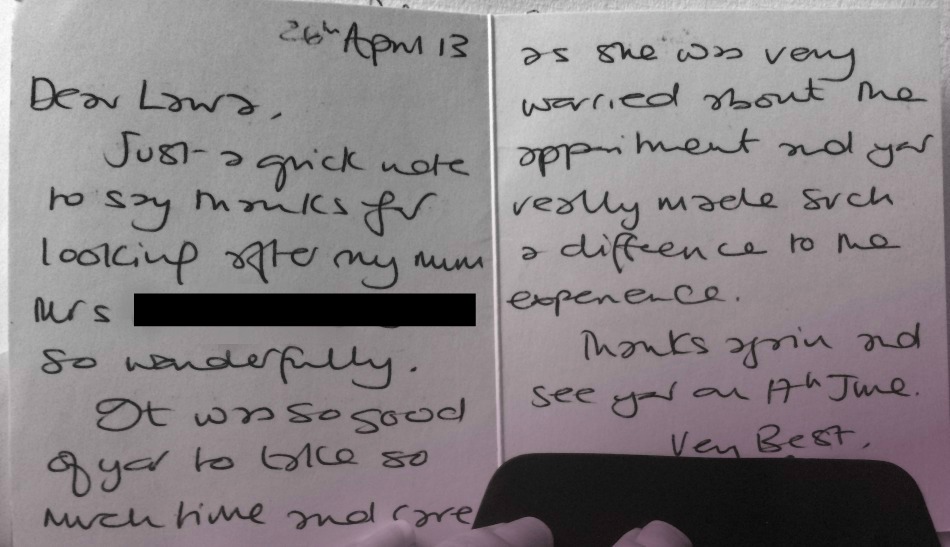
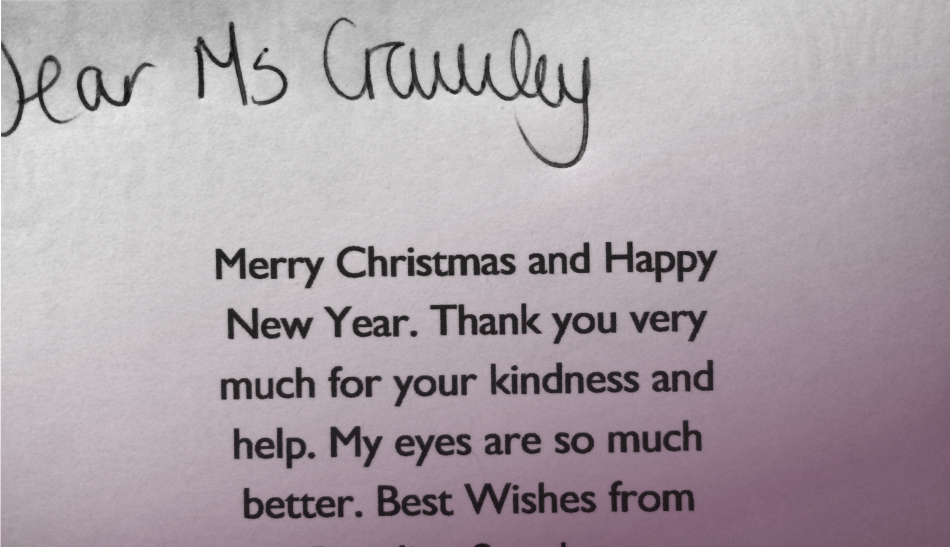

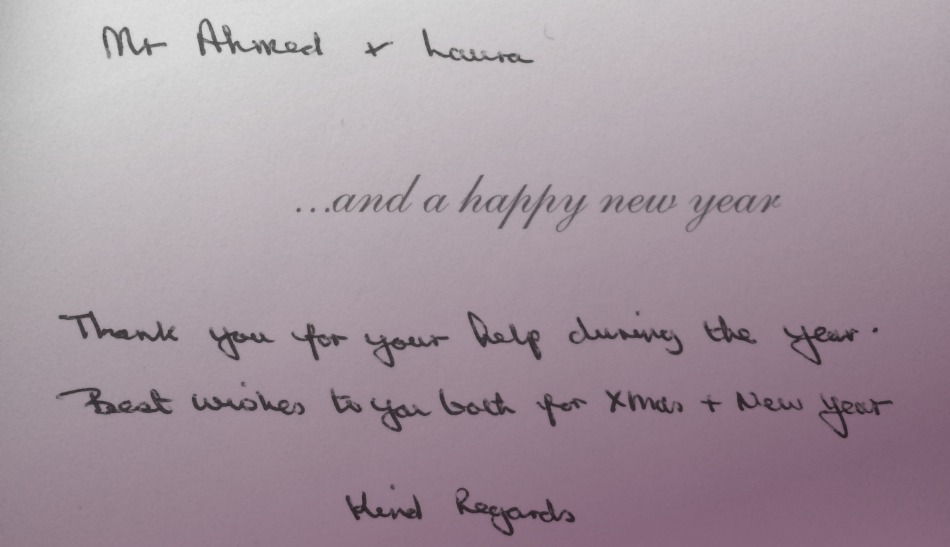
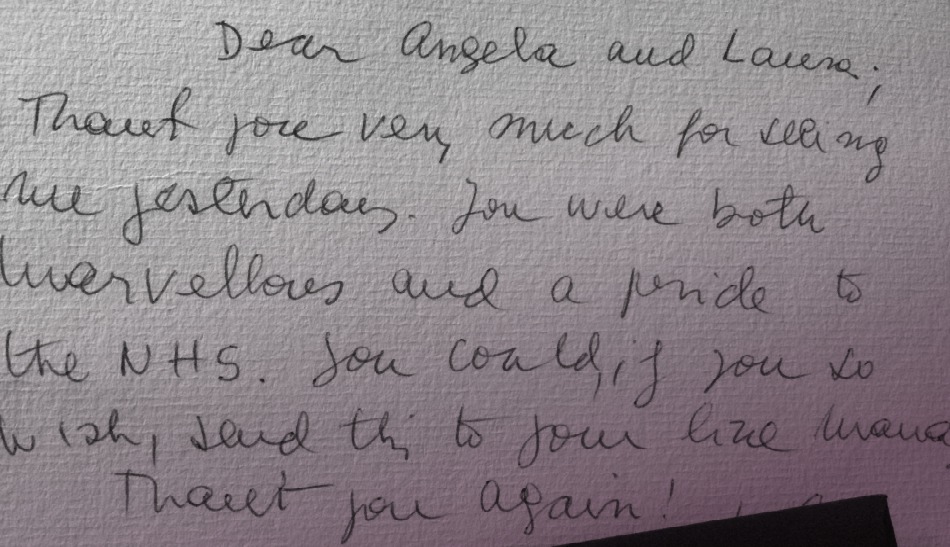
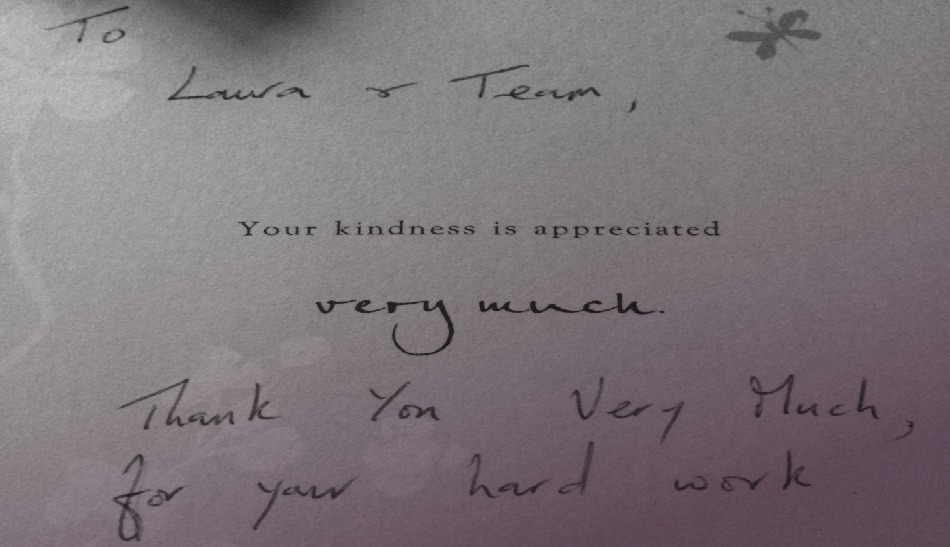





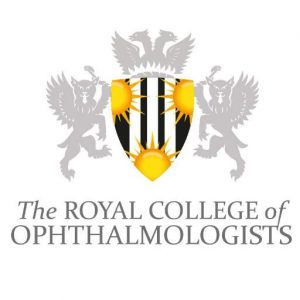



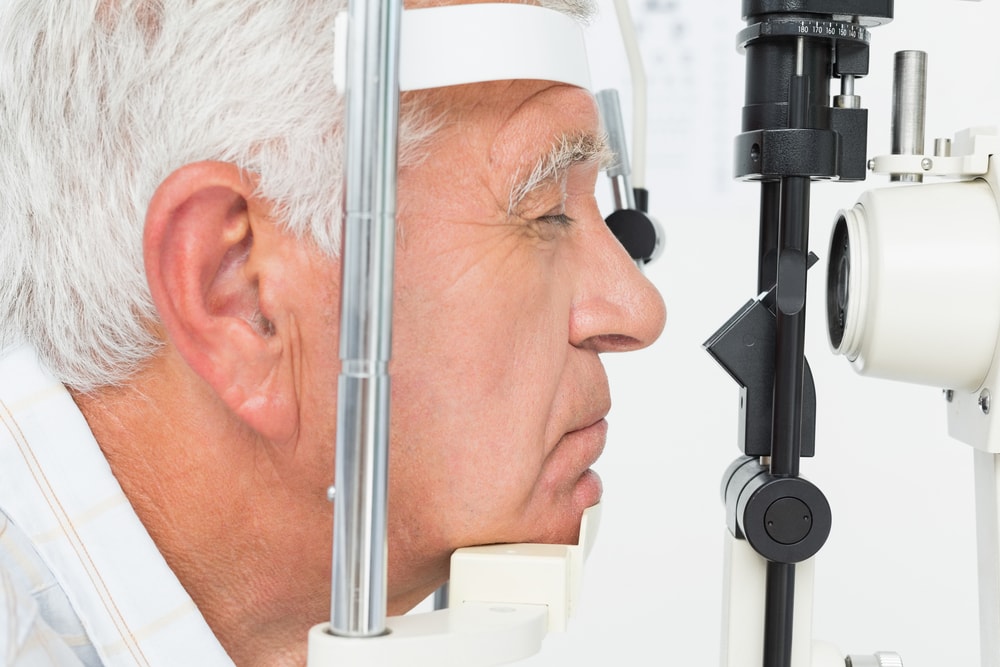
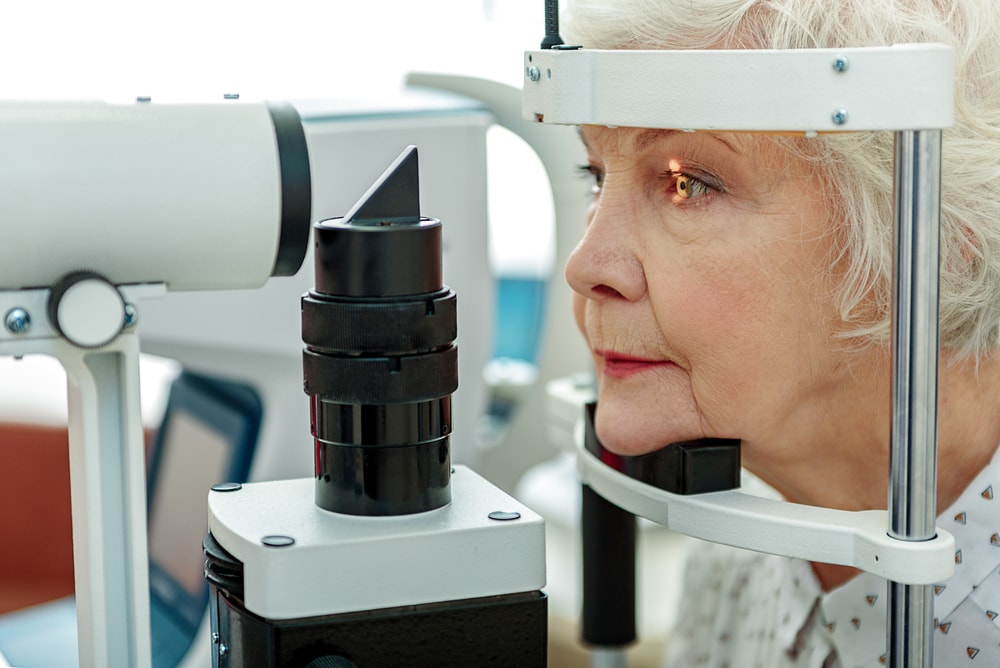

Find us on social media